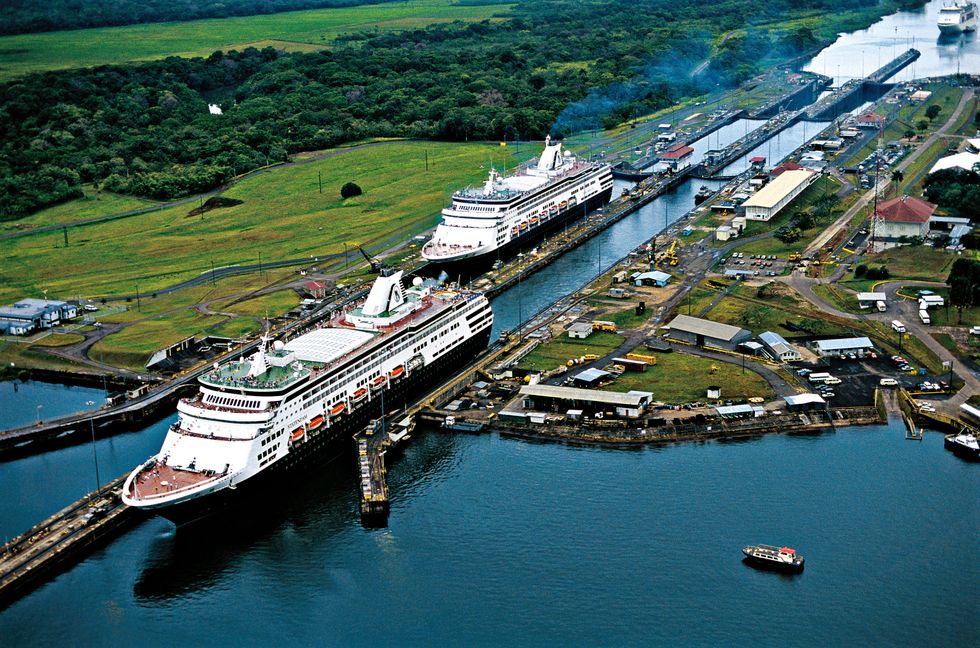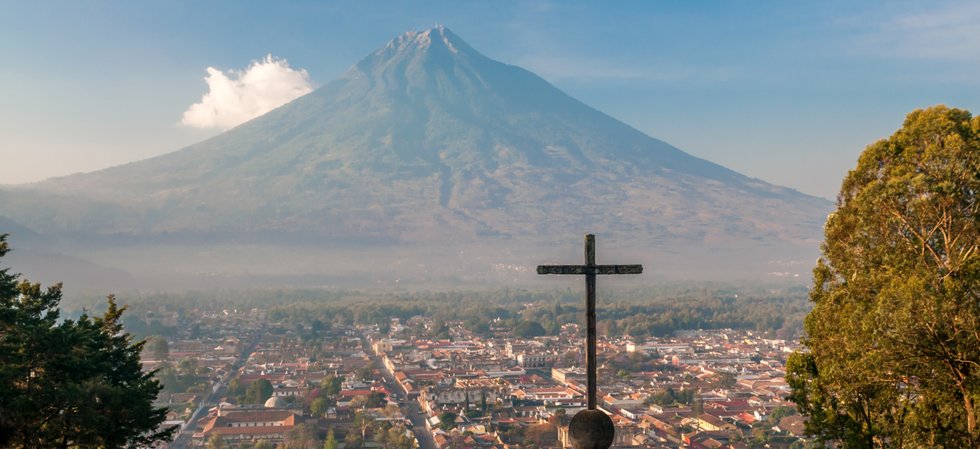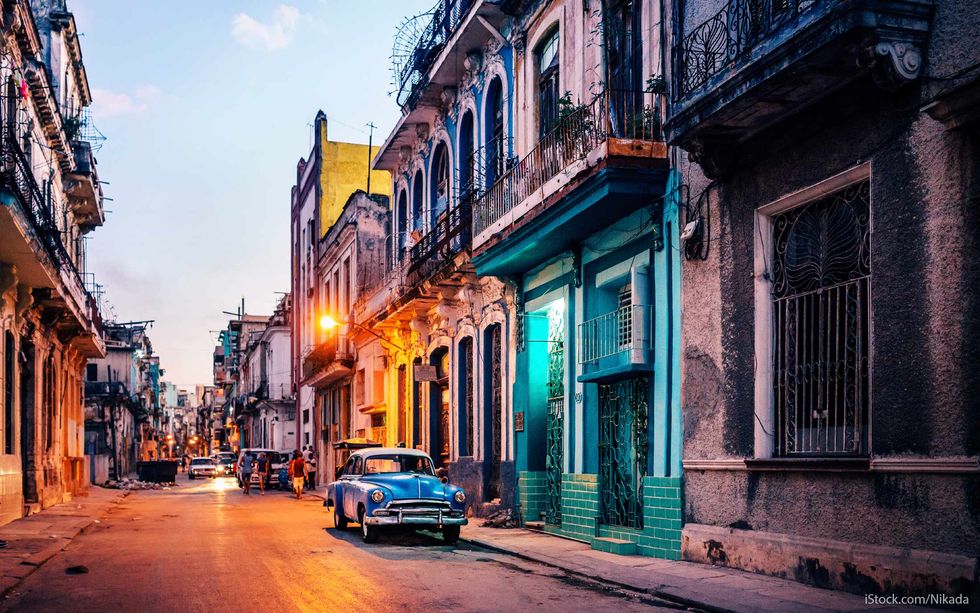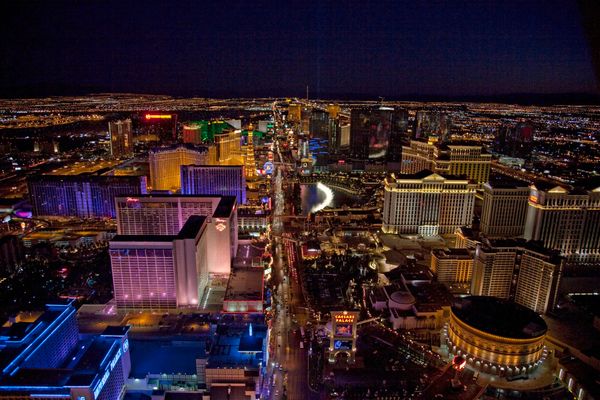If you’ve ever travelled abroad, you’ve probably noticed that many countries have feelings of contempt towards the United States. It is not because we are home to great artists, such as Beyonce, nor because we are one of the richest countries in the world. In fact, it is probably not even because we are the hegemony of the globe.
But how did the U.S. reach such heights anyway? American political scientist, Samuel P. Huntington states that, “The United States never fought wars on their mainland. They only took care of lives in its country and disregarded those living in other countries.” In order to obtain the power America possesses today, the United States performed a countless number of covert and unjust operations against other countries. This article will provide you with five events that have shaped the American foreign policy throughout history and demonstrated the true values of America—thus creating a countless number of reasons for Anti-Americanism worldwide.
1. Panama, 1903
For economic purposes, the United States demanded a treaty for possession of the interoceanic Panama Canal in 1903. Panama used to be a part of Colombia, and when Colombia rejected such a treaty, the United States took a coercive approach and sent its military to Panama to force the treaty to be signed. Subsequently, Panama was declared an independent nation, with a puppet government in power. In order to establish an American zone on both sides of the waterway, Panama was forced to leave Colombia and serve the United States. Panama was then "ruled by an oligarchy of wealthy families with strong connections to Washington, taking whatever measures necessary to serve America's best interest." Greedy huh?
2. Iran, 1953
Operation Ajax consisted of a coup organized by the United Kingdom and the CIA against the Prime Minister of Iran, Mosaddegh. The Anglo-Persian Oil Company was a British company that controlled oil fields in Iran. When Mosaddegh wonders why the Iranians can't enjoy their own resources, he decides to nationalize the oil fields and take them into Iranian control. Of course, the British company became enraged and hence, the United States, an ally of Britain, decided to put together a coup to get rid of Mosaddegh. In result, the U.S. sparked the Iranian revolution by bringing back the shah (king) to Iran—an incompetent and westernized individual who disrespected the religion of the Iranian people. I know, America does a fantastic job getting involved in everyone's business!
3. Guatemala, 1954
The United Fruit Company was a multi-national corporation in Guatemala owned by the United States. Seeing that the company controlled thousands of acres, transportation and communication infrastructure in Guatemala, the democratically elected president, Jacobo Arbenz, wondered why the Guatemalans themselves couldn't possess their own land (similar to Iran's situation.) As a result, Arbenz said that Guatemala would buy the land from the UFC and redistribute it to the Guatemala peasants. Yet the company took this as a threat and accused Guatemala of communism (this communism accusation was false propaganda created by the States in order to have a reason to fight the Guatemalan government.) The CIA then planned to overthrow Arbenz in a covert operation that replaced him with a military dictator. Consequently, Guatemala fought civil wars until the late 90s. You may ask, couldn't the United States simply avoid the conflict by finding alternatives to the problem? Well, the Guatemalan coup was not only a desire for profit, but a situation involving relations of corporations. The director of the CIA and the Secretary of State, Allen and JF Dulles, were both lawyers linked to the United Fruit Company. The history of America's foreign policy could totally become a soap opera, don't you think?
4. Vietnam, 1955-1975
During the Vietnam War, the United States claimed their aims were to "Make America safe for democracy." But America did not make the world safe nor democratic by any means. During the decolonization of Indochina, the French empire refused to leave Vietnam because they saw it as very valuable land in southeast Asia. In the Dien Bien Phu of 1954, the United States, an ally of France, joined the battle against the Vietnamese. When it became clear that the Vietnamese would win the war, the French retreated but America kept fighting a war that wasn't even theirs. South Vietnam was backed by the U.S., while North Vietnam was led by the communist revolutionary leader, Ho Chi Minh. The United States did not understand what was going on in Vietnam. We had little access to information, we misjudged Ho Chi Minh's nationalism and as a result, American troops tortured innocent lives. More bombs were dropped on Vietnam than in all of World War II. More than 1.3 million lives were lost in a war whose cause was unknown. Consequently, the United States lost its reputation and gained immense public discord. The Vietnam War was the most noticeable political separation in history. The American people lost faith in their government—citizens felt attacked in many aspects of their lives. It is unbelievable what man can do for power.
5. Cuba, 1962
During the Cold War, the president of Cuba, Fidel Castro, allied with the Soviet Union. In 1962, American planes discovered the installation of "nuclear-armed Soviet missiles in Cuba, just 90 miles from U.S. shore." This event was called the Cuban Missile Crisis and it was a high point tension of the Cold War. As a result, the U.S. organized the Bay of Pigs, an invasion where American forces would invade and overthrow the Castro government. Nevertheless, the Bay of Pigs was a fiasco for America. President Kennedy harassed the Cuban government through the use of propaganda and sabotage. The American government was so enraged during the Cuban Missile Crisis (even though the States had missiles in Turkey facing Russia too!!!) that President Kennedy ordered a blockade of Cuba that is still present TODAY. The embargo ("El Bloqueo") on Cuba states that any firm that does business with Cuba and also business with the U.S. is subject to a fine by the American government. But why is this embargo still in place? The Cold War is over and the United States is the only country who supports the embargo. Many parts of the world trade with Cuba and Cuba is doing its best to improve its relations with the United States. Cuba has progressed impressively as an island and even has one of the best health care systems in the world with one of the highest life expectancies. Move on America!
The events that occurred in Panama, Iran, Guatemala, Vietnam and Cuba all demonstrate the complexity of international relations. But it also demonstrates the ambiguity of the history that is taught in American institutions. This article is not meant to critique the United States of America in any way; rather it is meant to communicate what is not taught in textbooks or within the four walls of a classroom. As citizens of a country, we have the duty to know our history and the actions performed by the people we elect to power. When the United States performs a terrorist attack abroad, it is regarded as a "defense." But when a terrorist attack is done to the U.S., it is seen as a tragic offense.
Throughout history, the U.S. has been “interested in stability and indifferent to democracy. The founding fathers imagined a right to life, liberty and pursuit of happiness to exist only for Americans.” The United States has claimed these values of freedom as unerring and true. Americans think that democracy means development and that the separation of church and state will lead to success in every corner of the world. But this is wrong. There is not a unilinear way to succeed. Differences shouldn’t necessarily imply conflict, and conflict shouldn’t necessarily mean violence. Writer, Julia Galeota, argues that “No culture can or should reign supreme, for the death of diverse cultures can only further harm future generations.” The United States must learn to put the lives of all human beings before personal profits.
Credits:
Andrew J. Bacevich: The Limits of Power: The End of American Exceptionalism
Julia Galeota: Cultural Imperialism: An American Tradition
Samuel P. Huntington: The Clash of Civilizations
Special thanks to Associate Chair and Senior Lecturer of the Social Sciences at Boston University, John Mackey, for teaching me all I know about the world!
























